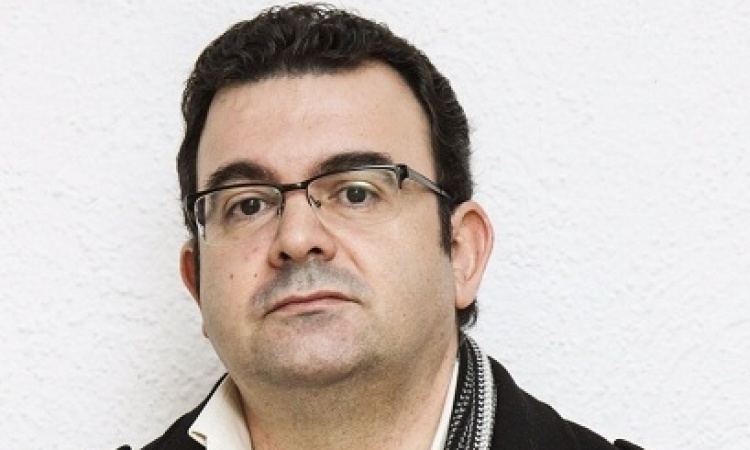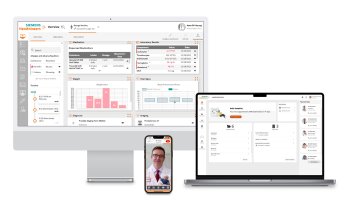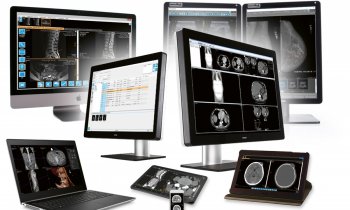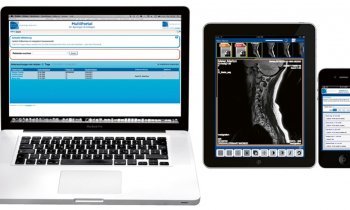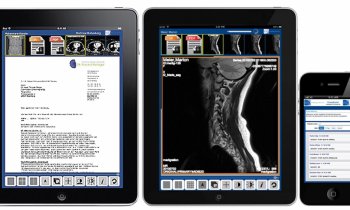Voilà! French e-health goes online in 2010
Report: John Brosky
The hosting service has been selected, software standards have been published, and on 11 December 2010 any French citizen will be able to open a file and begin creating a secure, personal electronic health record (EHR). If the agency charged with this ambitious programme meets the deadline, France will suddenly jump to the leading edge of e-health worldwide, rivalling advanced national programmes in Canada, Sweden and Denmark, as well as benchmark regional programmes implemented in Spain and Italy.

Launched with much fanfare in 2004, the dossier medical personalisé (DMP) was promoted as the pièce de résistance for reforming France’s healthcare system, expected to bring over €3.5 billion in cost savings annually for the state health insurance fund.
The July 2007 deadline set by the legislature passed, the programme became a national embarrassment and, in 2008, a joint commission of three government ministries declared the DMP officially dead.
Stubbornly, Health Minister Roselyn Bachelot re-launched the DMP in 2009. The solution may have failed, she said, but the need for patient-centred management and savings for the health insurance fund had not gone away.
Against all odds and in record time, the newly created agency charged with delivering the new DMP moved quickly and convincingly, securing the necessary funding, overcoming legal and technical problems and announcing the ambitious deadline.
During the national Health Information Technology exposition in Paris, European Hospital spoke with Jean-Yves Robin, the head of ASIP Santé (Agence des Systèmes d'Information Partagés de Santé) who is leading the French charge to the frontline of e-health in Europe.
He chafes at the suggestion that France is going to pull a rabbit out of its hat in December, suddenly to become the only country to offer a nationally coordinated healthcare record. ‘This is not a magic trick. This is the fruit of years of work,’ he said during our European Hospital interview. ‘We are not creating something completely new but re-launching the DMP, which is to say we are not re-inventing everything but instead pulling together several years of pilot programmes, development of security systems and tapping into independent efforts such as the medication records and the record of medical acts from the national health insurance agency.’
‘At the moment, yes, France is behind other countries that have launched impressive regional programmes or have focused on specific functions, such as pharmacy or scheduling,’ Jean-Yves Robin conceded. ‘We have had problems with governance and leadership of projects, but those issues are now settled.’ Legal disputes on patient identification and the rights of patients to direct medical records are resolved.
A key strategy, he explained, was to clearly separate the DMP into two different programmes, though both share the same designation in French as DMP.
The dossier médical personnel (DM-Personnel) to be launched in December is an EHR aimed at helping citizens organise health records for consultation with their general practitioner (GP) and other healthcare providers, such as home care providers or emergency caregivers seeking medication histories and a summary of recent surgeries.
The dossier médical patient (DM-Patient), which will be developed progressively over the next few years, is an electronic patient’s record (EPR) that will be shared among healthcare professionals, specialists and clinicians with detailed reports of a patient’s care and will include exam results, e.g. lab reports and medical images.
In March, ASIP-Santé selected an industry consortium of French-based companies to host the DM-Personnel made up of Santeos SA, an affiliate of Atos Worldline, and Extelia, an affiliate of La Poste, the national postal service, as well as Softway Medical.
ASIP-Santé has also published specifications for software developers, called ASIP 1.0, for building components of the DM-Personnel, and the agency established a framework for system interoperability that will have wide influence beyond the public records directing standards for the DM-Patient as well.
‘In five years France will clearly be the EHR leader in Europe,’ said Jean-Yves Robin. ‘We have a great healthcare system delivering great medical care, and soon we will have the information infrastructure that assures this quality will be maintained along the entire patient pathway.’
Hospitals cannot care for patients beyond the walls of their facility, he explained, needing the cooperation and coordination of care with GPs and the support services of the community where the patient lives, whether it is with the pharmacy or a radiology clinic.
Bringing the hospital records and the information generated by these community services together in a single file becomes critical.
‘For those who interact often with the medical system and really need a DM-Personnel, there is a wealth of information they can place in the file,’ he pointed out. ‘Yet it is true that for the young, or those who rarely need medical services, it has a limited value and they likely will not be motivated to create a dossier.’
ASIP-Santé will create a network of health professionals to assist patient-citizens to set up their files and request required information, he said.
Rather than imposing a medical record from the top down, France has chosen a unique approach of creating consumer demand to motivate general physicians and privately run laboratories and radiology clinics to align with IT requirements for record-keeping.
‘We are not putting a gun to their heads and saying, you must do this,’ Jean-Yves Robin said, acknowledging that the intention is to create a demand on the part of patients who need the file to progressively influence doctors and clinics to provide information in the specified formats.
While he soft-pedals this approach – hoping to influence and persuade France’s recalcitrant and defensive general practitioners to align with the programme goals -- he also has been given an iron fist to place inside this velvet glove.
The newly enacted French hospital reform law gives him the power to freeze health insurance reimbursement for those who do not conform to the requirements
07.07.2010




